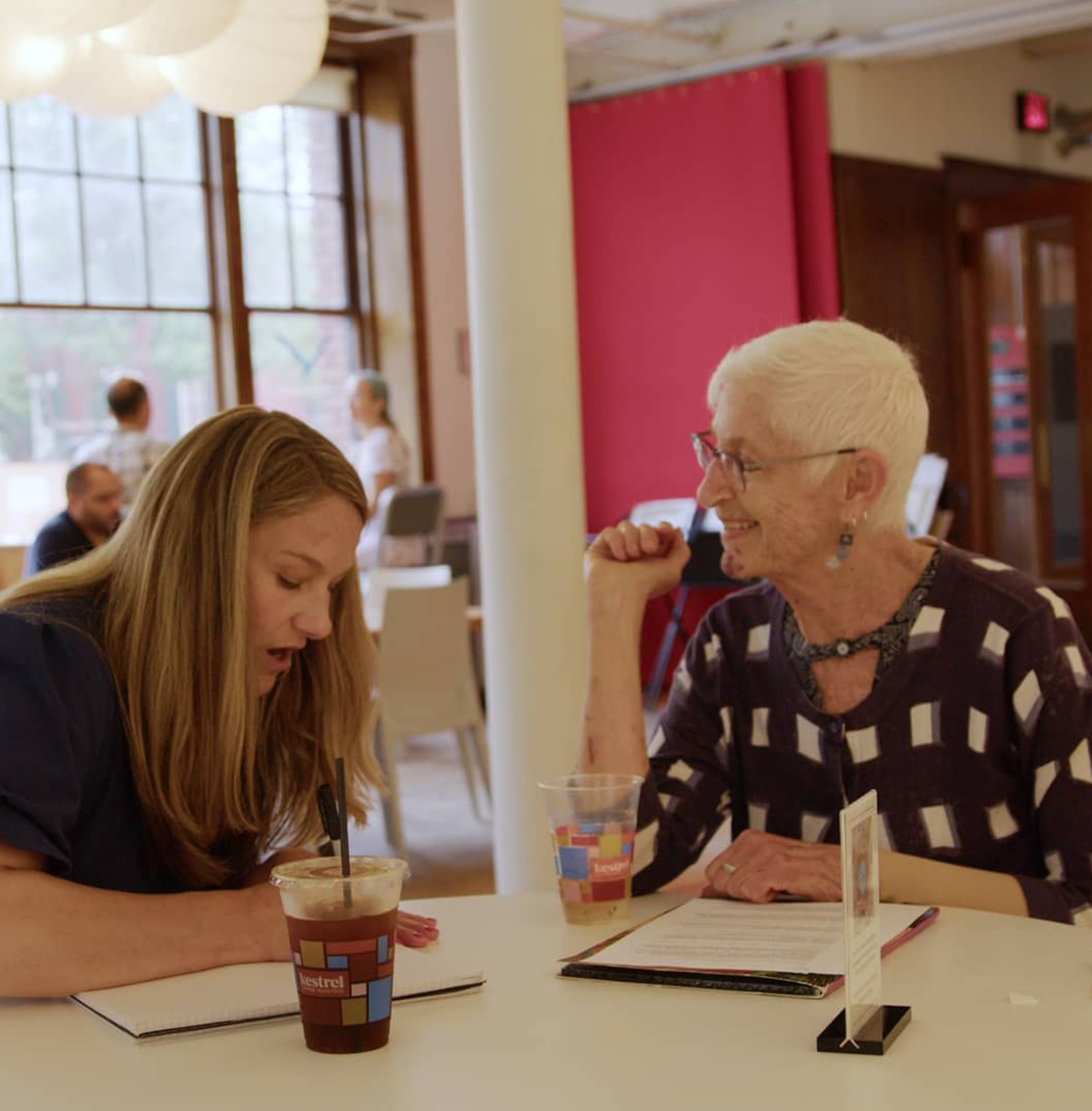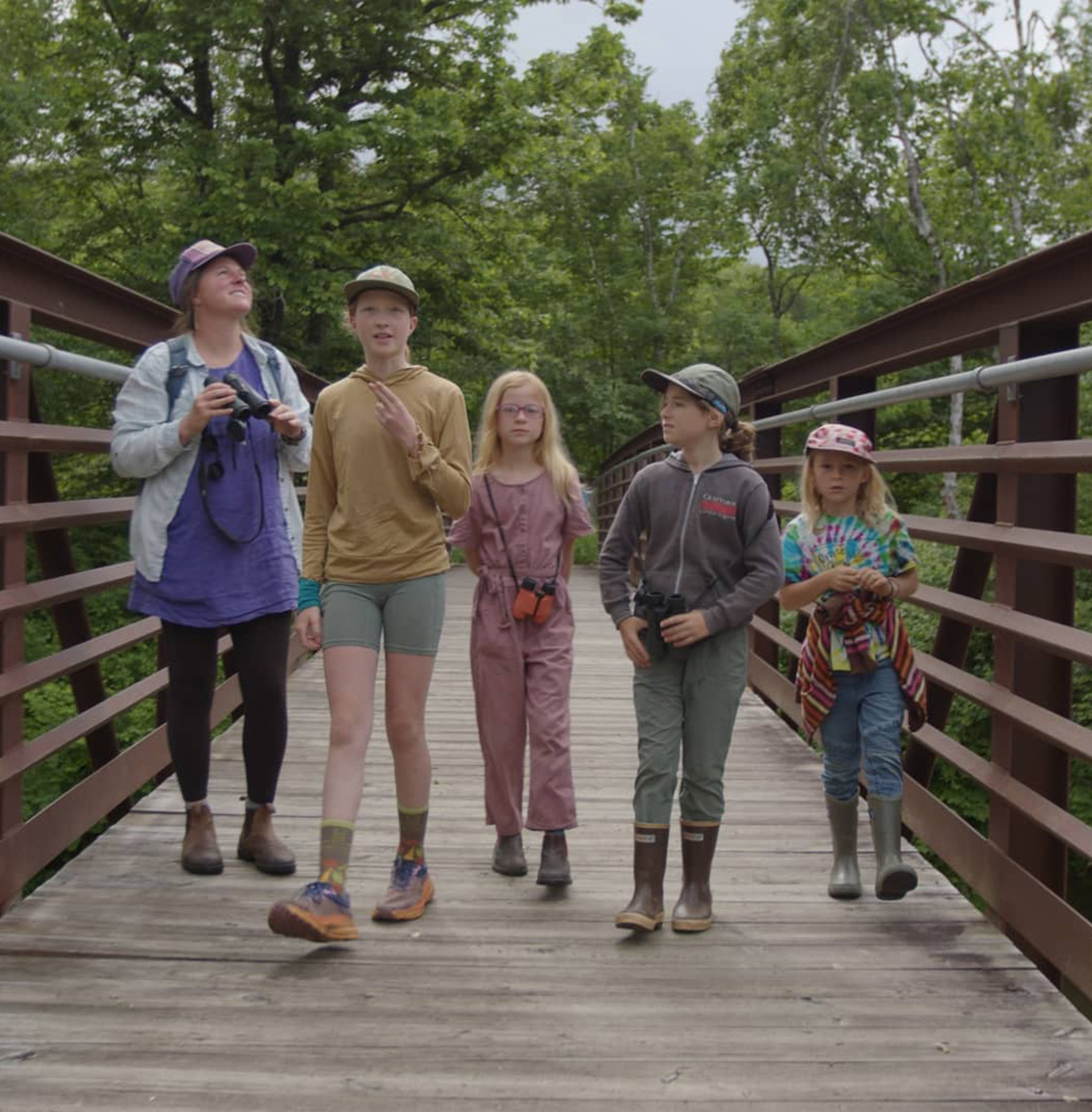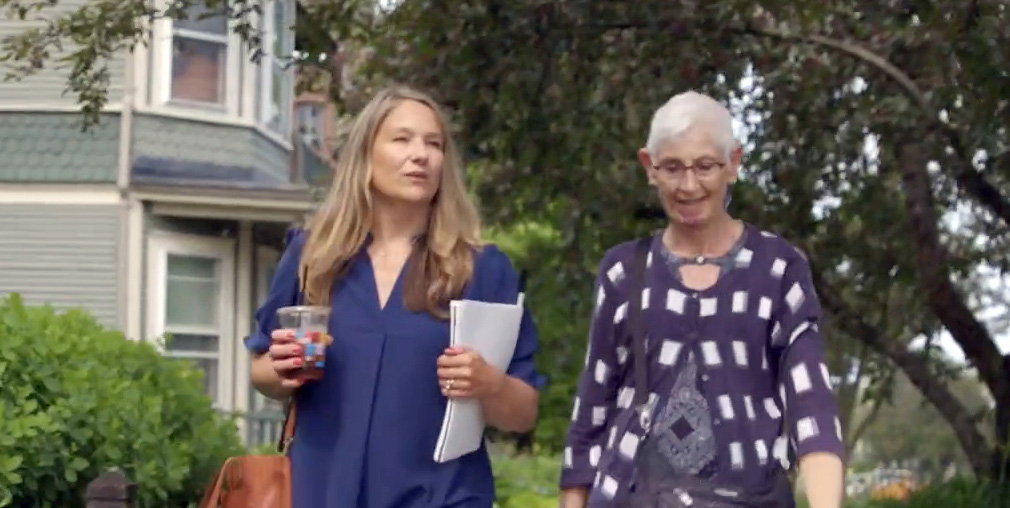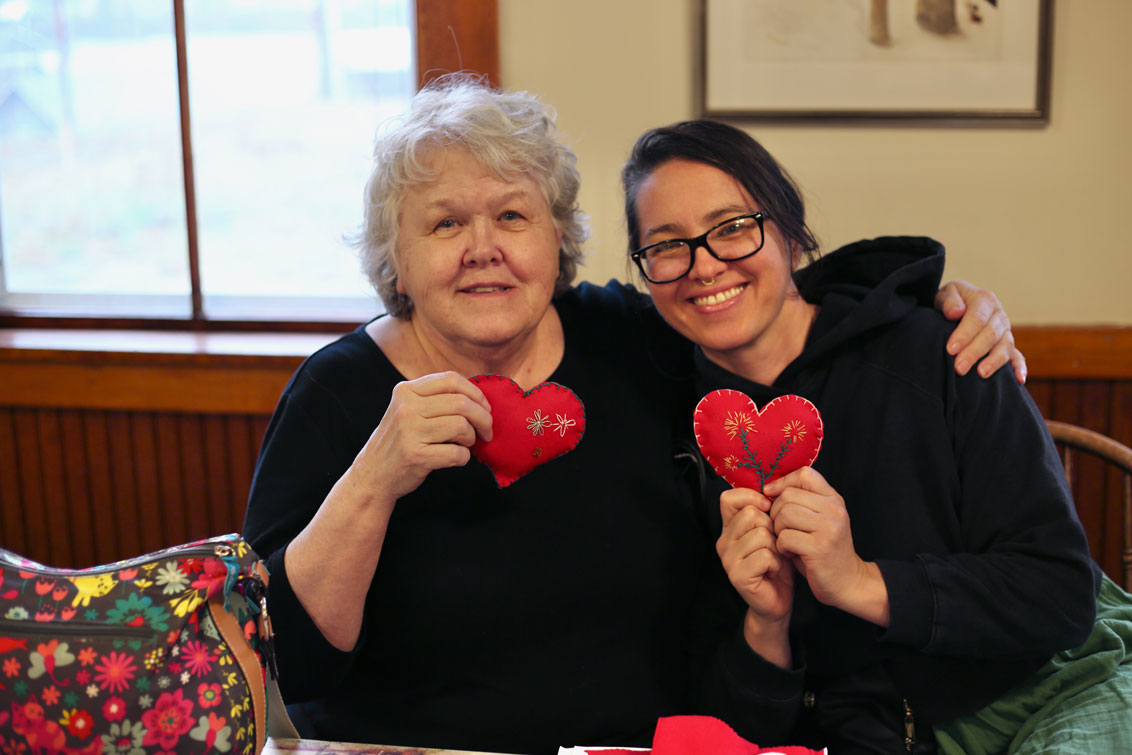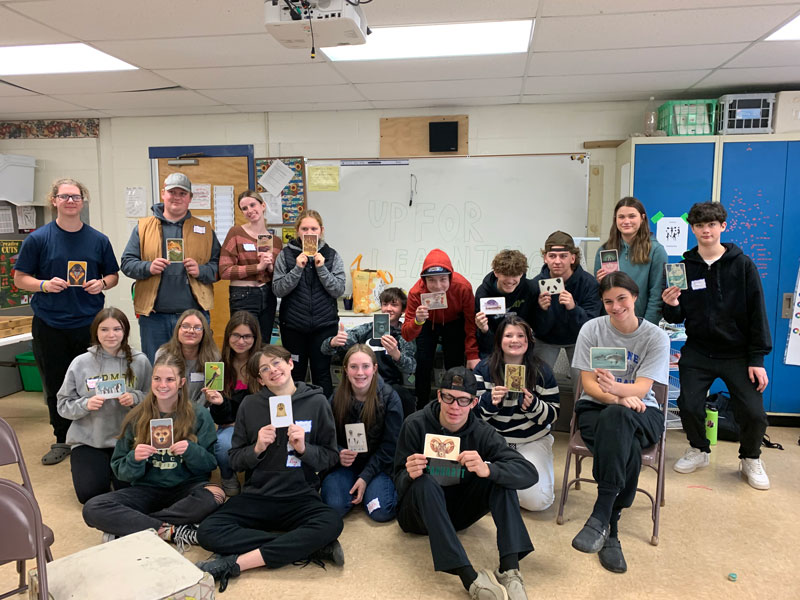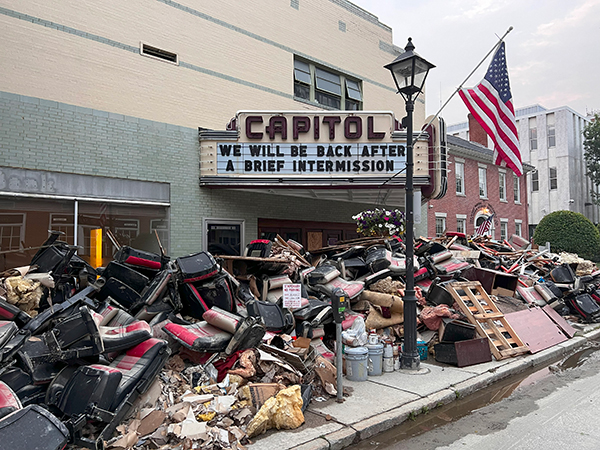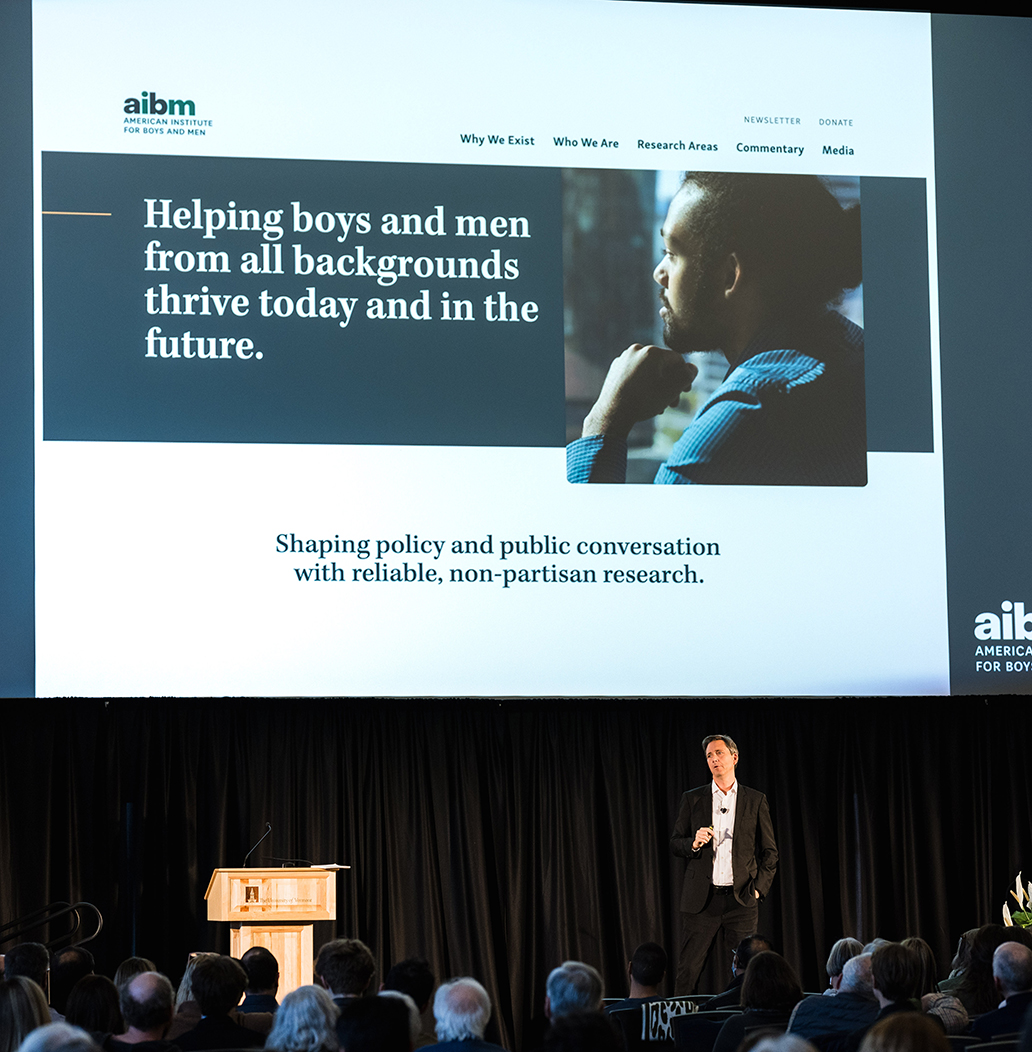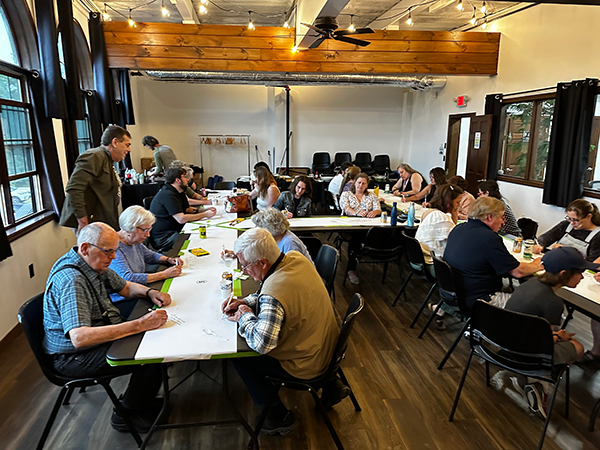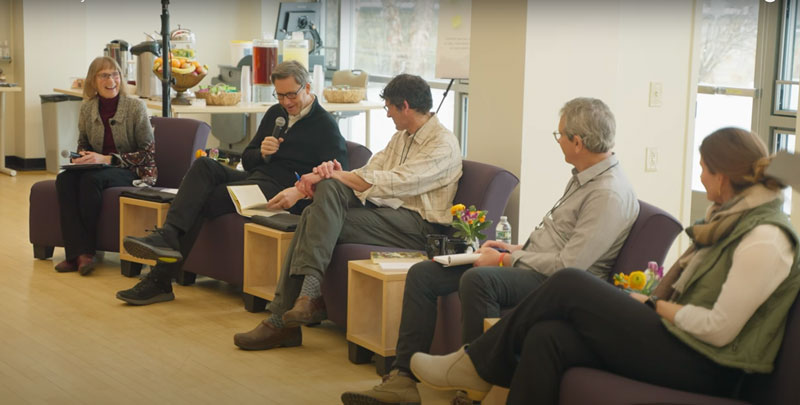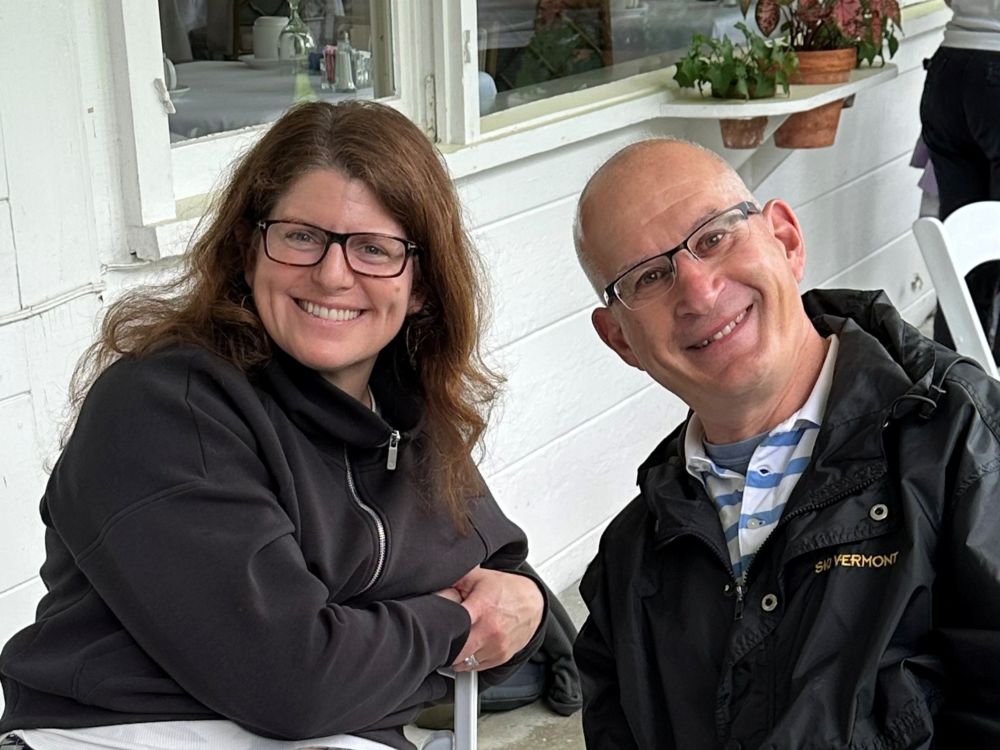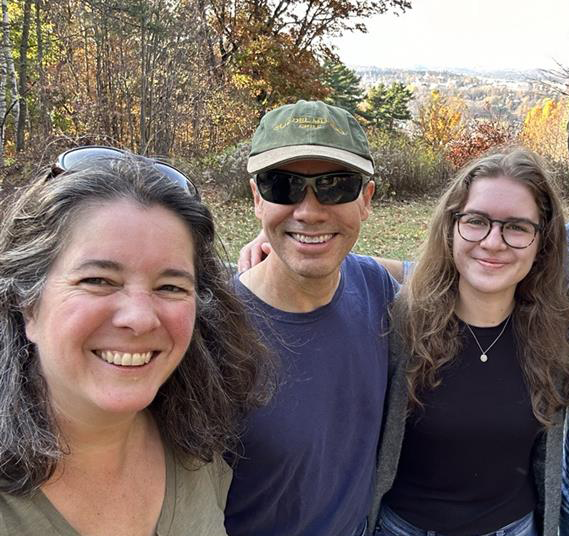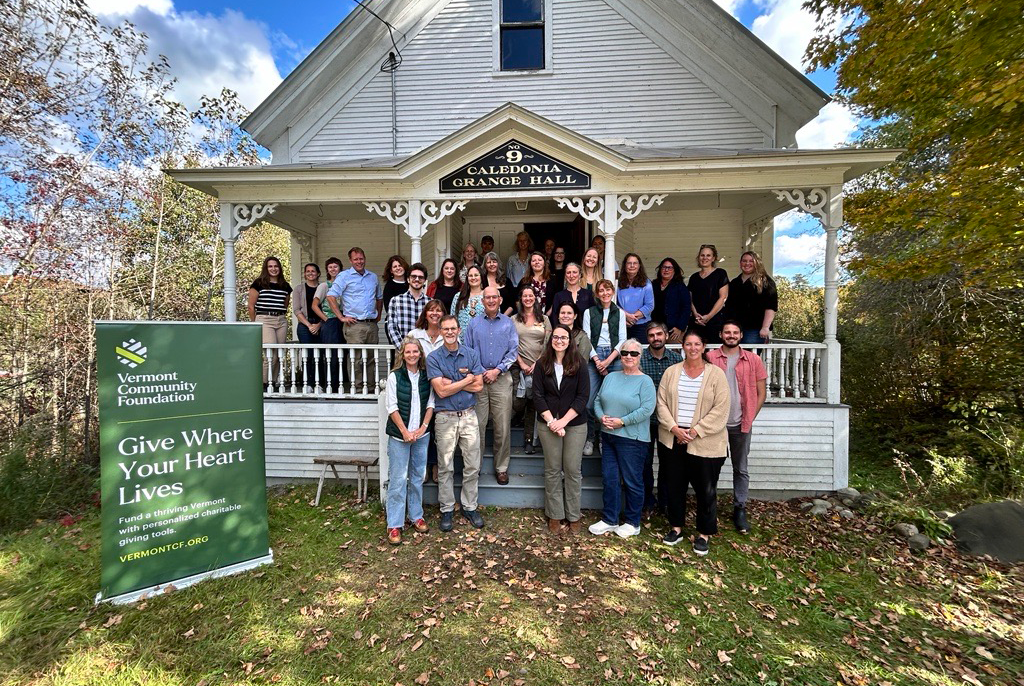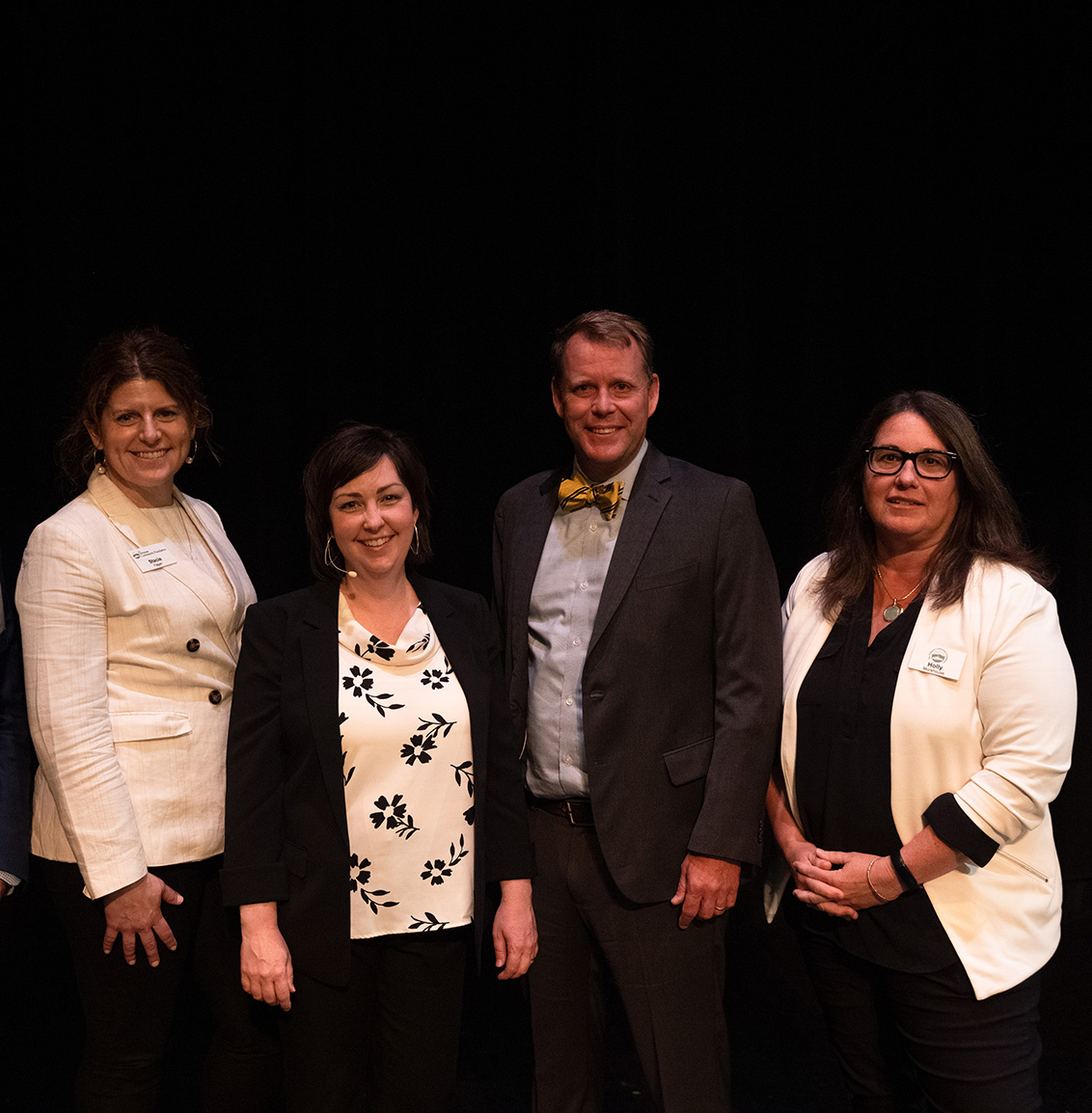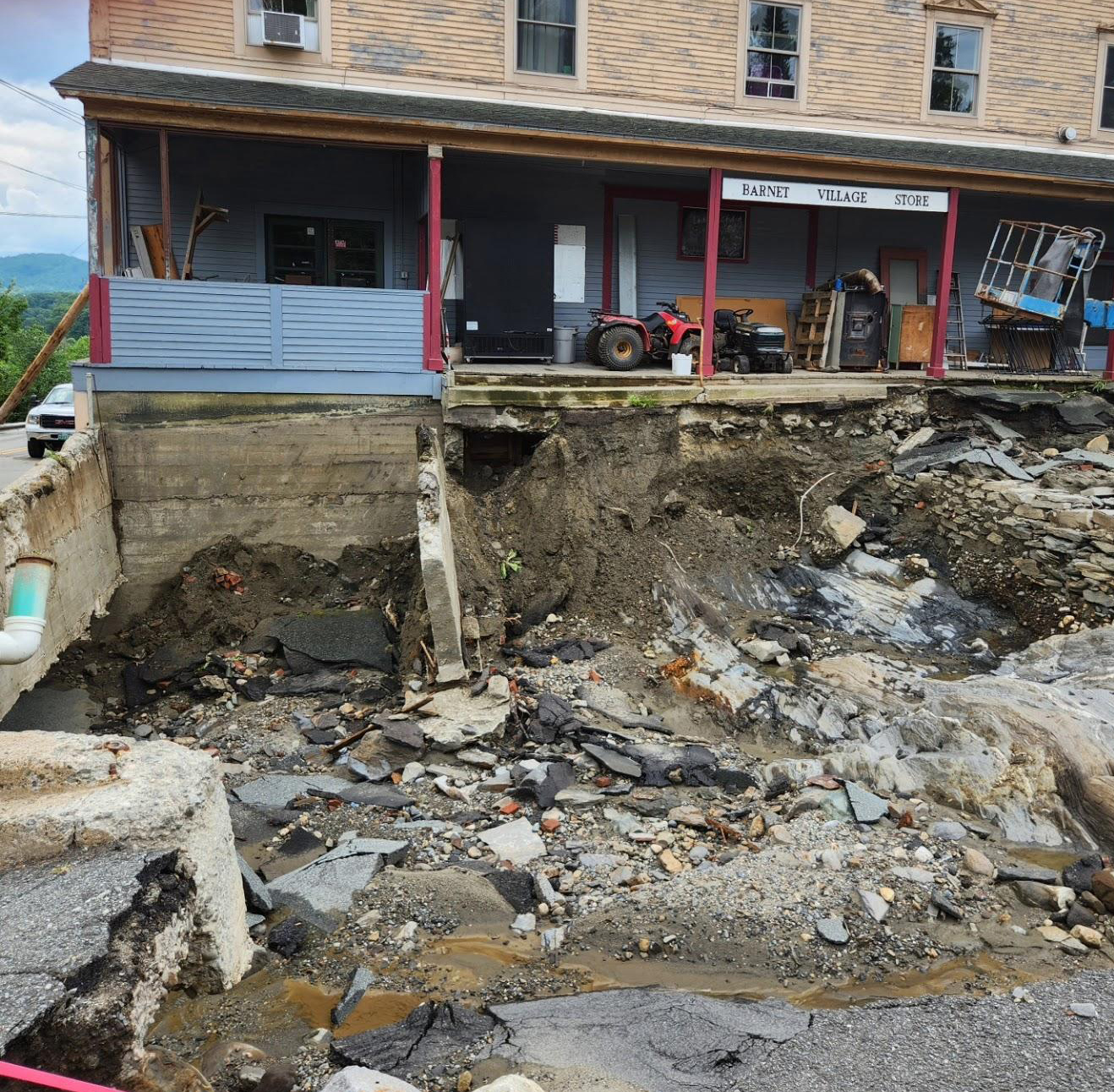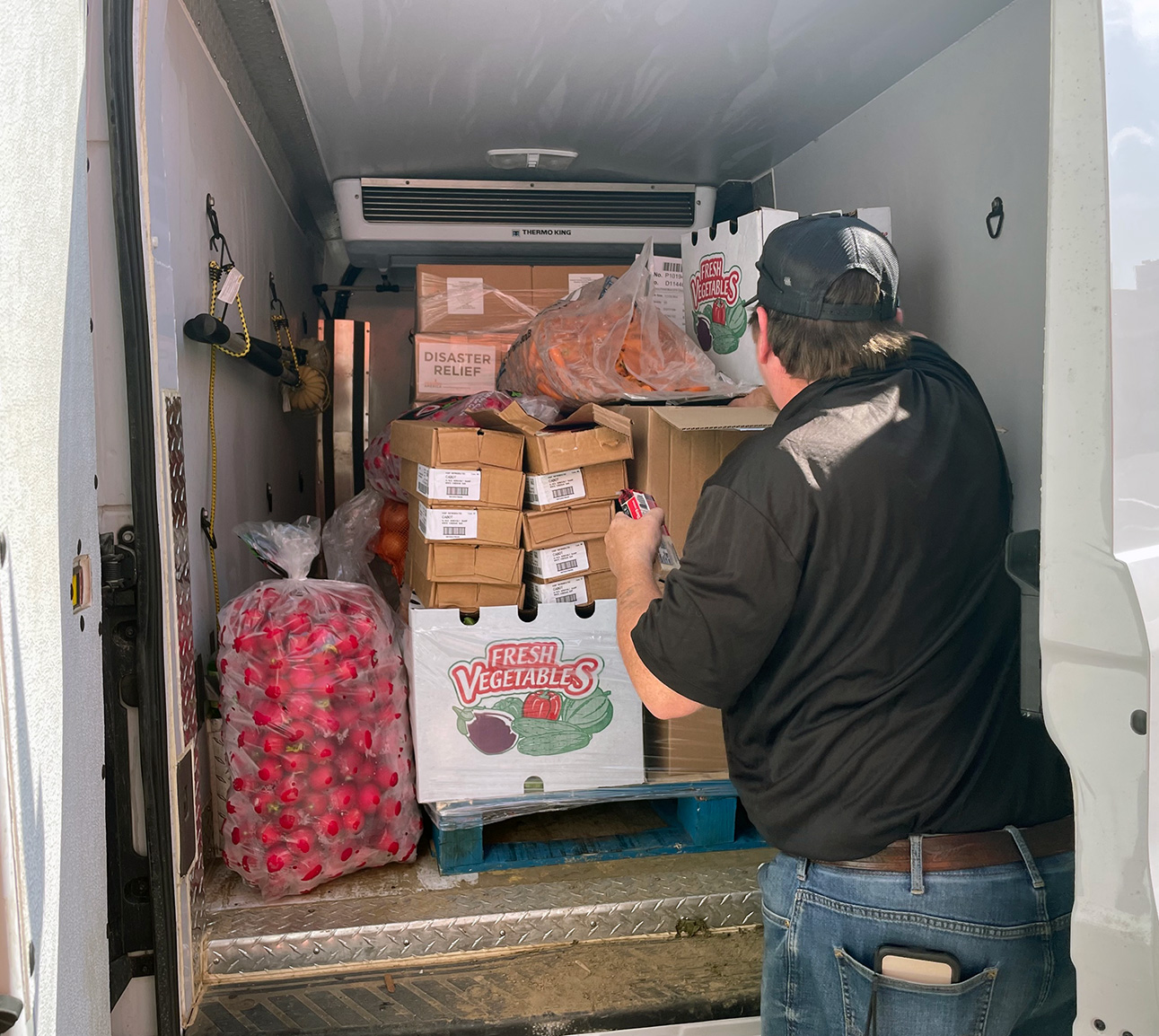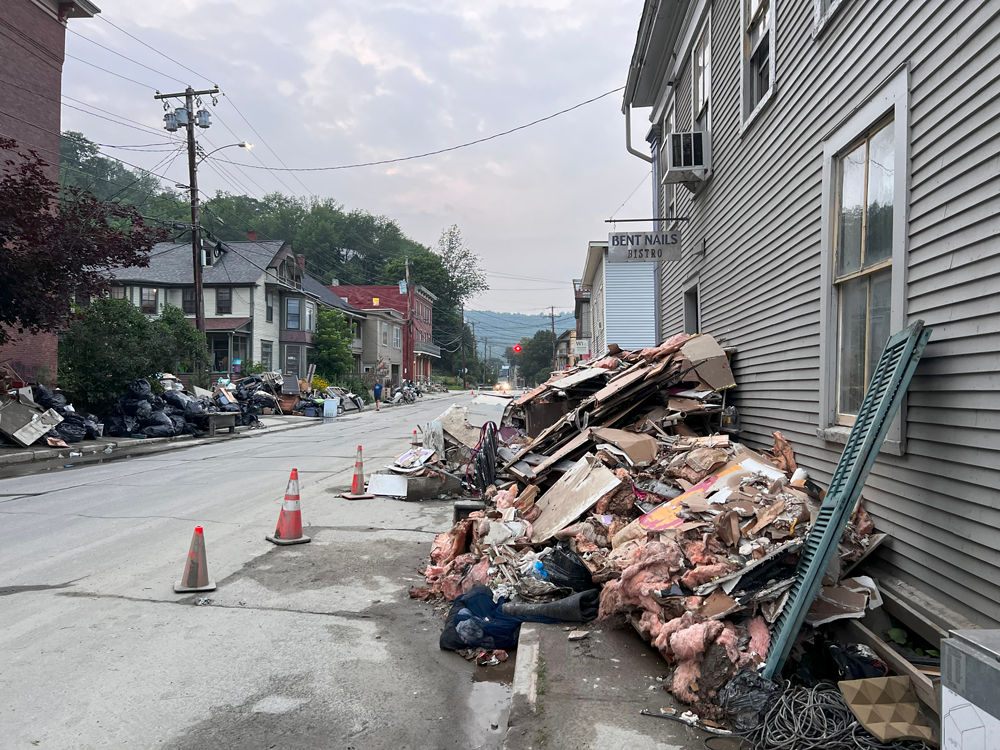What does the SUN program support?
The SUN grant program prioritizes funding for organizations serving basic human needs within their communities (social services, food access, housing, and or health-related services).
SUN funds proposals that will allow an organization to address these types of short-term needs:
- Emergency repairs of building structures or mechanical systems (heating/cooling, water service, etc.) whose sudden and unexpected failure interferes with the provision of services.
- Examples of a grant of this nature would be costs for an unexpected roof repair resulting from a fallen tree at a social service provider or the mitigation of a water supply that has been deemed unusable in a food shelf. SUN, however, cannot fund repair or replacement to a roof that has been leaking for several months and/or years.
- Provision of services or acquisition of a resource that could not have been anticipated or budgeted, and without which the organization cannot meet their mission and serve their community.
- An example of this type of grant is training on post-traumatic stress disorder for school guidance counselors supporting children in towns severely impacted by disaster. Another example is staffing a temporary replacement while an organization’s executive director is on emergency medical leave.
- Replacement of essential equipment or technology whose sudden and unexpected failure interferes with the provision of services.
- An example would be a crisis hotline phone system that fails without warning, or a stove at a homeless shelter that breaks just outside of the warranty period but well before the end of its expected life.
- Programming that helps organizations support staff and/or volunteer mental health and wellbeing in times of extraordinary need. This may include, but is not limited to, a traumatic event or disruption within the organization, a period of high turnover, and/or unusual stress or demands on staff.
- Examples of activities for funding might include a staff outing or retreat, facilitated teambuilding or dialogue, grief counseling, or therapeutic yoga or art programming.
- We will also consider an unexpected and timely opportunity that significantly enhances an organization’s ability to meet its mission.
- For example, an unexpected opportunity to acquire a key resource at an excellent price.
